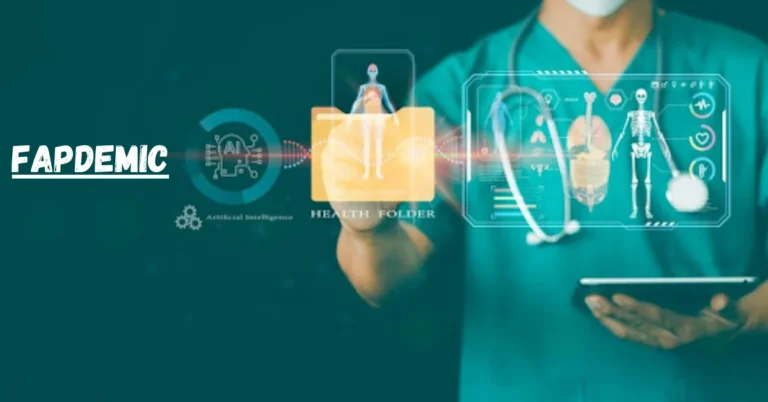Puppy Wellness 101: Essential Vet Visits In Your Pup’s First Year
As a responsible pet owner, ensuring your pup’s health and happiness should be a top priority. Whether you’re welcoming a new family member or looking to find your golden retriever puppy at Infinity Pups, understanding the essential vet visits during your pup’s first year is crucial for their well-being.
The Importance Of Early Vet Visits
Your puppy’s first few months are critical for their growth and development. Early vet visits set the foundation for a lifetime of good health. These visits allow your veterinarian to assess your pup’s overall health, administer necessary vaccines, and provide guidance on nutrition and care. Establishing a relationship with your vet early on will ensure that potential health issues are caught and addressed promptly.
The First Vet Visit
The initial vet visit should occur shortly after bringing your puppy home, ideally within the first week of buying golden retriever puppies for sale. During this visit, the vet will perform a comprehensive physical examination, checking your puppy’s eyes, ears, nose, mouth, and coat for any signs of illness or abnormalities. They’ll also evaluate your pup’s weight, temperature, and heart rate to ensure everything is on track.
Vaccinations are a key part of this visit. Puppies need vaccinations to protect them from common diseases like distemper, parvovirus, and rabies. Your vet will outline a vaccination schedule tailored to your puppy’s needs and local regulations. Additionally, they may discuss deworming, flea and tick prevention, and microchipping options.
Follow-Up Vaccination Visits
After the initial visit, your puppy will require several follow-up visits to complete their vaccination series. Most puppies receive their first round of shots between six and eight weeks old, with boosters given every three to four weeks until they are about 16 weeks old. These visits are an excellent opportunity to monitor your puppy’s growth and development.
During these appointments, your vet will continue to check your pup’s overall health, ensuring they’re growing properly and not experiencing any issues. Regular weigh-ins help track growth, and any concerns can be promptly addressed. It’s also a good time to ask questions about training, diet, or behavior.
Spaying Or Neutering
One of the most significant health decisions you’ll make for your puppy is whether to spay or neuter them. This procedure is typically performed between six and nine months of age, though your vet can recommend the best timing based on your puppy’s breed and health. Spaying or neutering has numerous benefits, including preventing unwanted litter, reducing the risk of certain cancers, and minimizing behavioral issues.
Discussing the pros and cons of the procedure with your vet can help you make an informed decision. They’ll provide details on the surgery, recovery process, and any necessary post-operative care. Spaying or neutering is routine; your vet will ensure your puppy is comfortable and safe.
Dental Care And Check-Ups
Dental health is a critical aspect of your puppy’s overall well-being. During each vet visit, your veterinarian will examine your puppy’s teeth and gums to detect any early signs of dental disease. Establishing a dental care routine at home, such as brushing your puppy’s teeth or providing dental chews, can prevent future problems.
Regular check-ups allow your vet to monitor your puppy’s oral health and recommend professional cleanings. Good dental hygiene contributes to your puppy’s overall health and can prevent more serious issues as they age.
Nutrition And Growth Monitoring
Nutrition plays a significant role in your puppy’s development. Your vet will provide guidance on choosing the right diet, portion sizes, and feeding schedules to ensure your puppy receives the necessary nutrients. Puppies have different dietary needs than adult dogs; your vet can help you navigate these requirements.
Monitoring your puppy’s growth is essential; your vet will use growth charts to track their progress. If your puppy is not gaining weight appropriately, your vet may suggest dietary adjustments or additional tests to rule out underlying issues. Proper nutrition supports your puppy’s immune system, energy levels, and overall health.
Parasite Prevention
Parasites like fleas, ticks, and worms can pose serious health risks to your puppy. Your vet will recommend a parasite prevention plan tailored to your region and your puppy’s lifestyle. Regular check-ups and preventative treatments help protect your puppy from these pesky invaders.
Discussing flea and tick preventatives, heartworm medication, and regular deworming with your vet will protect your puppy. Keeping your puppy parasite-free ensures it remains happy and healthy while exploring the world around it.
Conclusion
Caring for your puppy’s health during their first year is rewarding. By staying on top of essential vet visits, vaccinations, and health checks, you’re setting your puppy up for a long and healthy life. Each visit to the vet is an opportunity to ensure that your puppy is growing properly and receiving the care they need for a strong start. Whether you’re already a proud pet parent or looking to find your golden retriever puppy at Infinity Pups, understanding these fundamental aspects of puppy wellness is key.
Stay in touch to get more updates & news on Verified Zine!






